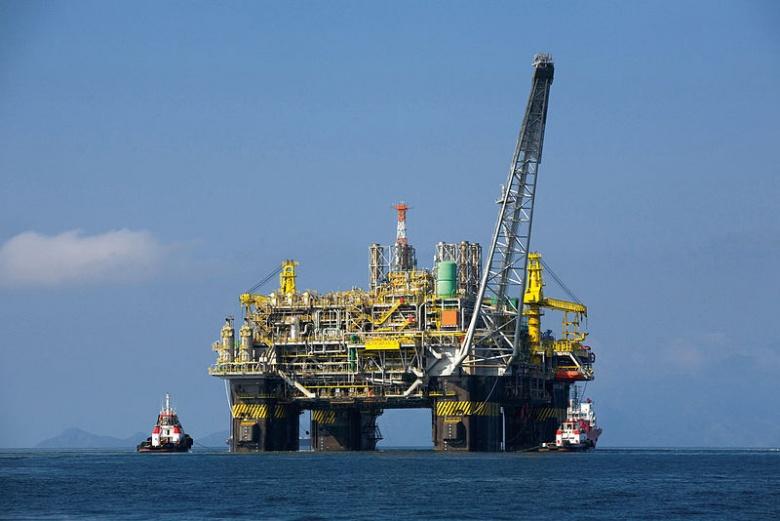The country, which shares the geological structure of the Arabian peninsula, “undoubtedly has petroleum resources,” says Hussein. “We have to start exploration. We can’t afford to wait.”
Somalia’s first-ever licensing round for up to seven exploration blocks opened on 4 August and runs until 12 March 2021. Hussein will issue a production terms contract in coming days, which he says will offer “very attractive” incentives in terms of taxation and royalties for oil companies. Production will still be profitable at $40 per barrel, he says.
Oil exploration budgets globally are under scrutiny after the rough ride for prices prompted by the pandemic. Somalia’s resources are promising enough to make the cut, adds Hussein. “COVID-19 will not last for ever,” he says. “Oil companies will be budgeting for Somali exploration.”
- The round is being conducted virtually due to COVID-19.
- The number of blocks on offer has been reduced to a maximum of seven from an initial 15 to allow for better management of exploration, Hussein said.
- According to subsurface data company TGS, the original 15 blocks have resource potential of 30 billion barrels of oil.
Hussein, previously an economic adviser to country’s ministry of petroleum, will lead the authority for a four-year term, which can be renewed.
He predicts that in a smooth scenario, offshore oil discoveries will start in about six or seven years. He’s confident that the regulator will be able to remain independent. “The politics of the country won’t affect the institution.”
Port Upgrades
Somalia remained off the radar for oil exploration companies for 25 years after the collapse of the government in 1991. Existing geological and geophysical data were mostly lost or destroyed.
- The regulator says that the licensing round is supported by 20,185 km seismic data, complementing 20,500 km of existing seismic data acquired in 2014.
- A revenue sharing agreement dividing oil income between the federal government and Somalia’s six constituent member states has already been tested using rental payments received from Shell and ExxonMobil.
- Note though that Somaliland, which declared independence from Somalia in 1991 but has never been recognised as a country, did not take part in the discussions leading to the ratification of Somalia’s petroleum legislation.
Many of the experts needed to staff the regulator were already working within the ministry of petroleum, explains Hussein. He also expects to be able to call on the talents of Somali’s diaspora. Geologists and engineers in the diaspora have shown that they are willing to come and contribute. “We need to enhance capacity.”
The country, has “limitations” in terms of the air and sea ports that oil companies will need to use, notes Hussein. New ports will be developed and existing ones upgraded, he says. Security remains a problem: in July a suicide car bomber drove into a checkpoint just outside the port of Mogadishu.
Somali will hire private security firms as well as using the army to ensure the exploration safety. Hussein is “very confident” that piracy in the region’s waters won’t be an issue. “Piracy is history,” he says. “It’s over. Offshore Somalia is secure.”
Bottom Line
Early establishment of the regulator ahead of discovery will strengthen Somalia’s chances of developing a viable oil industry.
